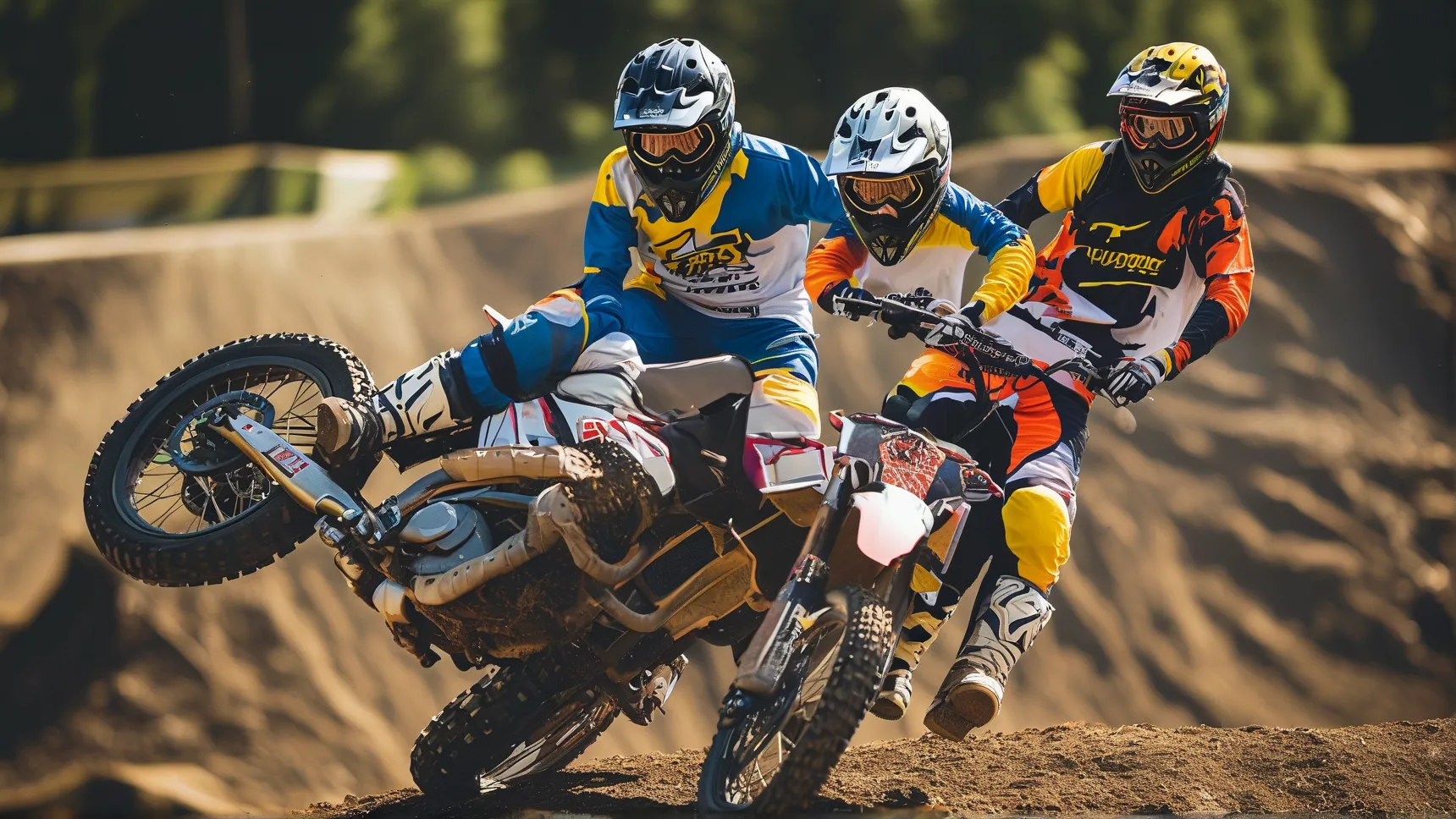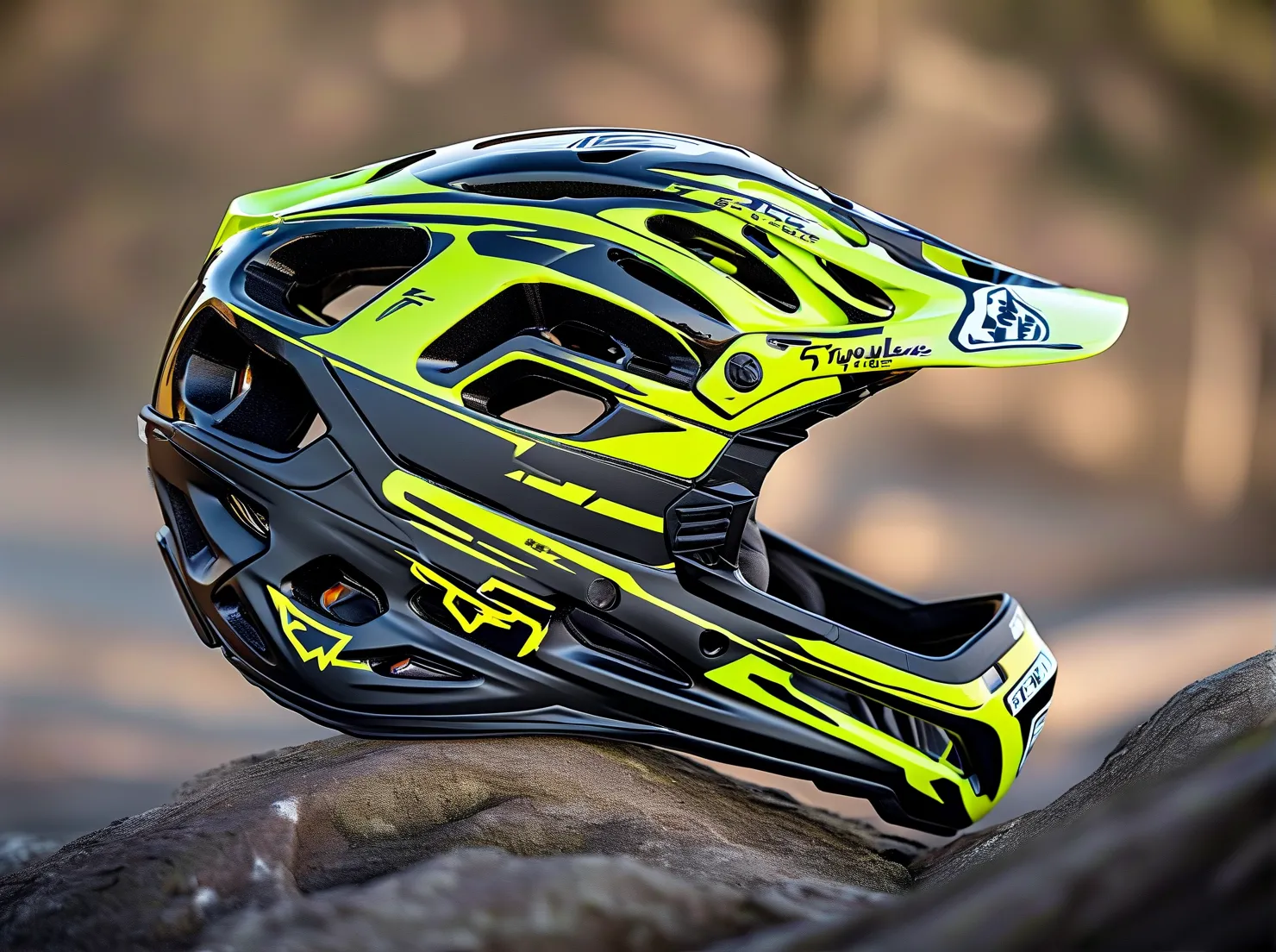Navigating Portland’s winding roads and unpredictable weather on a motorcycle can feel daunting for new riders. For Emily Carter, a 28-year-old graphic designer, the dream of cruising along the Columbia River Gorge seemed impossible—until she discovered Portland’s structured motorcycle training programs. Her journey from shaky starts to confident rides highlights why professional instruction isn’t just helpful; it’s transformative.
Why New Riders Struggle (and How Training Bridges the Gap)
Many beginners underestimate the complexity of motorcycle control. Emily recalls her first attempt: “I stalled twice just trying to leave my driveway.” Unlike cars, motorcycles demand precise coordination of clutch, throttle, balance, and situational awareness—a combination even experienced drivers find challenging.
Portland’s Motorcycle Safety Foundation (MSF)-certified courses address these pain points systematically. Trainers like Jake Morrison of Rose City Rider Academy emphasize muscle memory development through drills like slow-speed maneuvers and emergency braking. “We break skills into digestible steps,” says Morrison. “By day two, students often surprise themselves.”
The Curriculum That Builds Confidence
Portland’s top programs blend classroom theory with graded on-road practice:
1. Risk Assessment Training: Analyzing Oregon’s collision statistics (e.g., 32% of motorcycle crashes involve left-turning cars), instructors teach defensive strategies specific to local traffic patterns.
2. Weather Adaptability: With 164 rainy days annually, riders practice wet-surface braking and traction control using spray-down training pads.
3. Urban Navigation: Courses simulate high-stress scenarios like merging onto I-5 during rush hour or navigating downtown’s bike lanes.
Emily credits this phased approach: “Learning to scan intersections methodically stopped me from freezing up in traffic.”
Why Expertise Matters: Avoiding Common Beginner Pitfalls
Self-taught riders risk ingraining dangerous habits. A 2022 Oregon DMV study found that untrained riders were 73% more likely to fail their licensing test due to errors like improper lane positioning or delayed hazard responses. Certified instructors intervene early—correcting foot placement during turns or adjusting mirror checks to eliminate blind spots.
Portland trainers also leverage technology. At Cascade Moto School, riders review helmet-cam footage with instructors to dissect close calls. “Seeing my swerve reaction time improve week over week was motivating,” Emily notes.
Beyond Basics: Building a Riding Community
Reputable schools connect graduates with local resources:
– Group rides led by seasoned mentors (e.g., PDX Motorcycle Meetups)
– Maintenance workshops at shops like See See Motor Coffee Co.
– Updates on Oregon’s evolving lane-splitting policies
These networks proved vital for Emily, who now mentors new riders: “Knowing I have backup makes exploring Mount Hood’s backroads less intimidating.”
Transformative Results: From Novice to Advocate
After completing her course, Emily aced her license test on the first try—a feat achieved by 89% of MSF-trained riders statewide versus 54% of self-prepared applicants. More importantly, she rides with analytical precision: “I check my mirrors every 6–8 seconds without thinking now. It’s like the training rewired my instincts.”
Her story reflects Portland’s broader safety impact: Regions with MSF adoption rates above 60% (like Washington County) saw motorcycle fatalities drop 18% since 2020, per ODOT reports.
Ready to Start Your Journey?
Portland’s motorcycle schools prioritize measurable progress over quick certifications. When researching programs:
✅ Verify OSP-approved instructor credentials
✅ Ask about bike rental options (most provide 250cc–500cc trainers)
✅ Review graduate success rates via Oregon DMV’s public database
As Emily summarizes: “Those 16 hours of training didn’t just teach me to ride—they taught me to survive Portland’s roads.” For newcomers, that expertise is priceless.



Leave a Reply